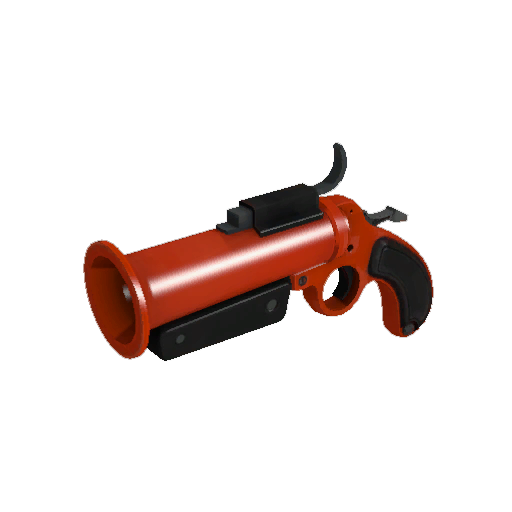
Going out into the wilderness is a somewhat dangerous prospect. Wildlife, weather and our own wherewithal are all factors that must be taken into account when facing a journey into the unknown. And when someone like Bear Grylls or Les Stroud enters the wilderness alone (or at least with no overt help from the camera crew) we are in a bit of awe, simply because the scope of such a journey is so staggering. To say nothing of everything that could go wrong.
Most people looking at that sort of undertaking are going to want some company. We take our spouses and significant others on romantic getaways and our friends on road trips. At the same time we’re sharing the road, we’re also sharing the load. Work is less grueling and physical feats less daunting when such things are tackled by more than one person. And when things go wrong, it’s wise to call for help. Fire up the radio, check for cell reception, send up a flare.
It’s not just the wilderness of the world we face, though. Writers, Olympic athletes, artists, professional ball players – when people like this set their sights on a goal, it’s often one that means their name in lights, and their name alone. But that doesn’t mean that they need to get there alone.
It’s foolish to assume that an individual knows everything they need to know to get what they want. For one thing, it’s impossible to know everything; for another, it’s highly unlikely that they have enough experience to adequately predict what will happen next in their quest for their goal, and react appropriately. In spite of this, a lot of people will struggle in silence, trying to forge ahead on their own without asking for an adequate amount of help to overcome their obstacles. They don’t pose questions. They don’t easily admit to weaknesses. They don’t send up flares.
With so many resources available to someone undertaking a new journey, be it in a new artistic pursuit or just a hobby, looking for help when things aren’t going well seems a logical and sound thing to do. And yet, some put off asking for help until they’re at the point of desperation, or they approach asking for help in the wrong way. It’s one thing to admit you suck at something; it’s quite another to invite people to look at your work and tell you just how much you suck. It takes humility and a realistic viewpoint. The people with good enough hearts to respond earnestly to a request for help aren’t going to be looking to tear you down with what they say when they see your work. They’ll want to see you not only improve but also truly enjoy whatever it is you’re doing.
I guess the point I’m trying to make is that there’s no reason to be afraid to send up a flare. By this I mean find the forums on the Internet catering to your interest. Engage people in discussion about your passions. Let them give you honest opinions on how you can improve, and take the advice to heart without taking it personally. Believe it or not, putting yourself in front of an audience, even if it’s just for them to tear your work to bits, takes bravery and humility. These are virtues people want to see, and when they do it may be surprising just how many come forward to offer assistance, earnestly, wanting to see you get better. Sending up a flare illuminates everything around you, and when people see your light, it’ll cause them to look towards the heavens as well. And who knows what can happen then?



December 15, 2013 at 9:53 am
I was thinking about writing a blog about “sending up a flare” on the internet to connect with people that are like minded and have different information than you. I love this post- I will probably reference it once I sit down and type up my thoughts on it… I am only now learning about all of the communities on the web and realizing those that know about how to find smart people on the internet have a big advantage over the people that don’t know that this all exists.